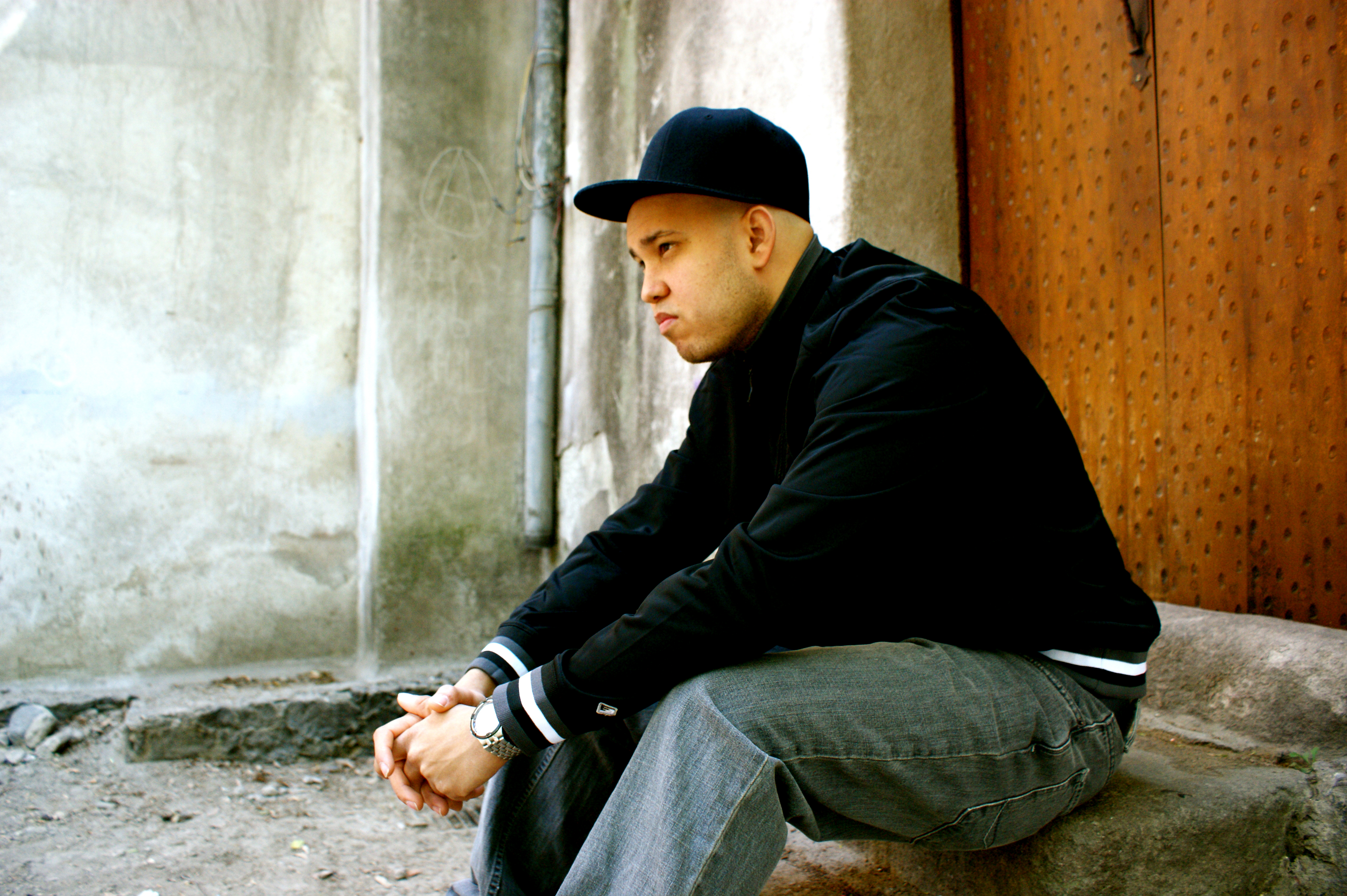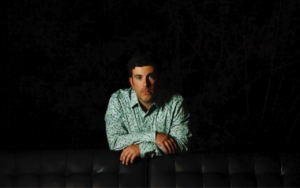
An interview with multi-national CD Baby artist Hache ST
With politically-conscious lyrics and an international sound, hip-hop artist Hache ST has been building a large fanbase in two countries (actually, two continents) at once.
We wanted to find out what it’s like to create an independent music career as a bilingual, multi-national DIY artist, so CD Baby’s Tracey Gill recently interviewed Hache ST about his life and music.
Originally from the Dominican Republic, Hache ST now resides in Staten Island, but maintains a strong presence in the Dominican Republic and other parts of Latin America. He’s a member of Quilomboarte, a group of conscious rappers who use their music to enact meaningful change through social commentary.
In his latest album, Zafra, Hache ST touches on issues ranging from identity construction in the Dominican Republic (in relation to neighboring countries like Haiti) to anti-patriarchical statements geared towards furthering women’s rights. And he does it all with sophisticated beats, clever lyrics, and stunning vocals.
His sound incorporates jazzy syncopation, Afro-Hatian polyrhythms, and stunning female vocalists Favi and Alexandra Blakely. Check our Zafra here: http://www.cdbaby.com/cd/hachest3.
Enjoy the interview, and let us know your experience with conscious music in the comments below!
Hache ST on building an international following
Q: You live in New York, but you’re famous in South America. How do you maintain your personal life and your music career divided between two continents? Could you give some advice to artists/bands that are in a similar situation?
A: I wouldn’t say famous. I’m far from that. My objective is actually something completely different than that. I have had the opportunity to connect with people from different countries, people who identify with my work, but I wouldn’t consider myself famous.
NY is a difficult city to bring a culturally-aware production to reality. It’s a stage where multiple types of artistic people converge, but I take my music very seriously and I realize that one contact could lead me to another and one show could open the door to another, etc. It’s a chain reaction and we have to know how to utilize it. This way, I stay busy doing things. Some things happen in the long run and others happen from one day to another.
A piece of advice? Well, one needs to set a date by when to execute a project as if you had a record label on you about getting out material. You have to come down to earth and realize that time goes by, be disciplined, don’t wait for anyone to do anything for you and be responsible for yourself.
Q: Each album you have released has a strong message. How do you choose a theme for each album or each song?
A: The theme of each song is something that comes from within. In my case it’s like a simple homework assignment. My music is not detached from social or political issues, which is why I consider it fundamental to manifest what is relevant in the actual content without losing what comes naturally.
I always write down an idea or a phrase which crosses my mind and, with that as a base, I am able to create a song. The inspiration can come from a simple conversation with a friend or with a stranger.
Q: I read that you have done collaboration’s with other artists who have a similar focus to yours — conscious music. How did you establish these collaborations and how was the experience?
A: It’s very easy to work with someone who has the same ideals. We contact each other in a very organic way when we are going along the same path; it’s just a matter of time, and sooner or later we bump into each other.
I almost always work with Bocafloja and Cambio. We have been friends for many years. I’ve also been working with an artist from Colombia, her name is Lianna and I really recommend you check her out.
Q: What has been your most successful experience – like something you wanted to do and you accomplished it successfully?
A: Everyone measures success in their own way. In my case, being able to share the stage with people I have listened to since I was very young has given me great satisfaction. I can remember when I would go to the store to buy one of their albums and that in itself is priceless!
Q: You have fans in New York, Latin America, and other parts of the world, I imagine. What is your strategy to keep them informed about your shows, new releases, or your music in general? Could you give some advice to new artists or groups regarding this subject?
A: I always use social networks in a very serious and responsible manner, I give my business cards out at shows, I send mail out, etc. It’s necessary to articulate virtual and physical strategies, you can’t just rely on what you do behind a computer; you actually have to go out and have a presence in the public and interact with people.
It’s about utilizing the tools we currently possess to strengthen the project at hand. My advice is you can’t wait for anyone to do anything for you; you have to be responsible for your own.
Q: How do you manage your tours in different countries?
A: I work with Quilomboarte. We are a conglomerate of artists, an alternative platform. We see rap as a tool within many others which is counter-cultural, hegemonic production. We aim to create a historical link between our actions, articulating our courses, our practices of which we also use spoken word, create spaces, literary expressions, cinematic samples, etc. There are various options to enter into different outlets.
Q: Finally, how has CD Baby helped you succeed?
A: Via CD Baby, I have been able to share my work and at the same time earn income. It’s a very important tool because not only can you purchase a digital copy but a physical copy as well.


https://www.facebook.com/Hachequilomboarte
http://www.cdbaby.com/cd/hachest3
[Color photo of Hache ST by Gloria Isabel Rivera]
[Black & white photo of Hache ST by Thomas De Los Santos]
[hana-code-insert name=’touring-dont-miss’ /]
